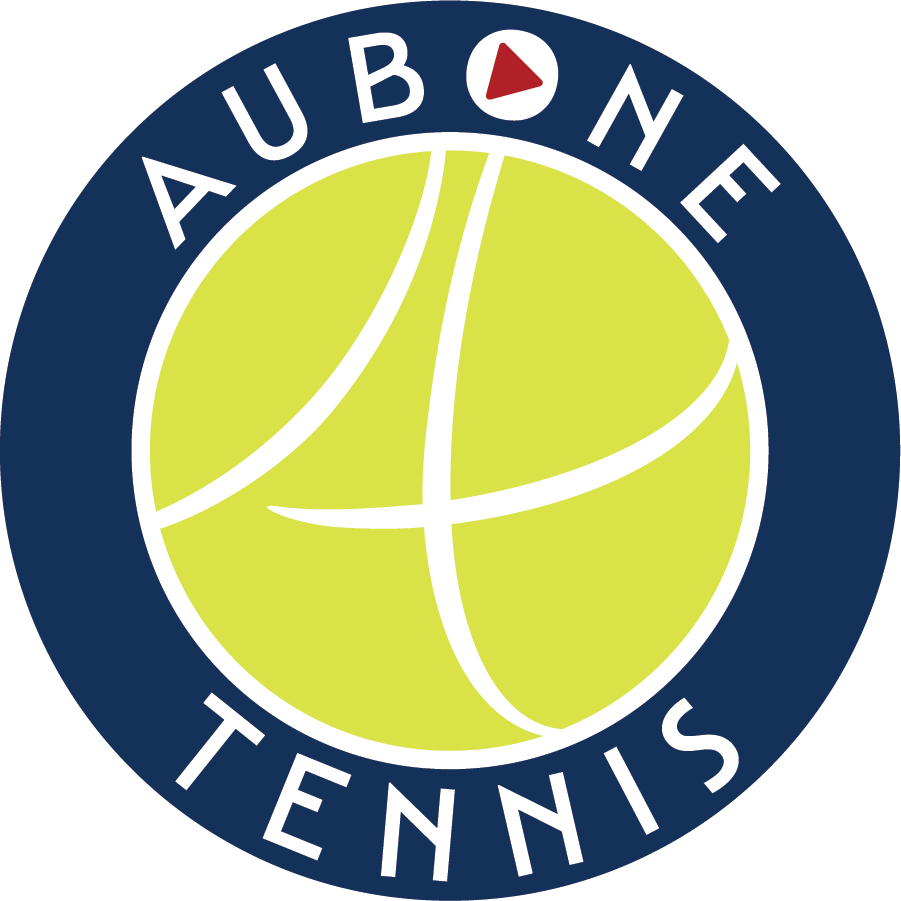If Your Goal is to Maximize Your Potential, Division 1 Cannot Be THE Goal
“To practice a discipline is to be a lifelong learning. You never arrive; you spend your life mastering disciplines. Thus, a corporation cannot be “excellent” in the sense of having arrived at a permanent excellence; it is always in the state of practicing the disciplines of learning, of getting better or worse.” - Peter M. Senge, The Fifth Discpline
Why does Rafa continue to want to put his body through so much pain after he’s won everything?
Why does Lebron James continue to show up at practice after being in the conversation as the greatest ever?
Why does Tom Brady continue to play football when he’s won more championships than anther other player?
Because they believe they can get better at the sport they love. As long as that remains true, the work never stops. They’ve all accomplished great things along the way, but it never stopped them from trying to get better.
And that’s why division 1 tennis cannot be the ultimate goal if someone is trying to maximize your potential. To maximize one’s potential, the love and personal mastery of the sport has to be front and center.
If division 1 college tennis is the primary reason they’re playing, their happiness becomes directly related to the result. Meaning, if they’re losing, they’re moving farther away from their goal = the player won’t be happy.
If they’re winning, they’re moving closer to their goal = the player will be happy.
Sounds simple and obvious, but here’s the connecting piece:
For a player to significantly improve, they’re going to have to continuously make improvements and adjustments. When they first make those improvements and adjustments, they’re going to miss more than they’re used to. The muscle memory, trust in the shot, and repetitions just aren’t there.
And since losing = moving farther away from their goal, and missing = losing on the scoreboard, missing therefore = moving farther away from their goal. Therefore, emotionally, it will be too difficult to commit to changes in their game.
They know they need to make the changes, but they only want to make them in pursuit of their goal. So if they start missing immediately, their emotions will get in the way. When they encounter moments to implement their adjustments, they’ll struggle to do so. They’ll be fearful of the result (moving farther from their goal) instead of fearless towards how good they can one day be.
That is why it’s in the pursuit of mastery where a player will succeed beyond anything they can imagine.
The player is more concerned about getting better, and playing the sport at the highest level they can, than the immediate result. They’re still afraid of hitting unforced errors in big moments, but they’re more excited about how good they can become.
So they’re willing to stick with a proper follow through on a forehand during important moments because they know that’s what the best players in the world do. And if that’s what the best do, then they want to do it to. Heck, they’ll want to do it even better!
So we need to change the conversation. I know coaches and parents are trying more than ever to get the child to focus on getting better, but it’s the type of conversation we’re currently having (myself included) that needs to change.
I think we need to stop asking kids to make achievement goals, and only do performance goals.
The moment we ask them to write achievement goals (rankings, win tournaments, division 1), they put all their focus into achieving those goals, and their happiness is dependent on if they’re moving closer or farther away from that goal. They end up losing sight of why they started playing tennis in the first place, putting too much pressure on themselves to win, and holding their development back.
If we ask kids to write down performance goals (70% first serve, play 20 points a match at the net, 0 double faults in one match), they’re focusing on getting better. If kids continue to achieve their performance goals, they’ll improve enough to accomplish amazing things.
There are many players in college right now that didn’t write down and stare at a goal that included making a division 1 team. They were simply enamored with the sport, obsessed with getting better at it, and wanted to be the best. And if someone else could hit a 140mph serve, then they knew there was a pathway to do it, and they wanted to be on that path. And when match time came around, they couldn’t wait to try and hit the serve as hard as they could. They weren’t afraid of going for it and missing it. They were thrilled to see if they could win with their new weapon!
And if someone asked them to work harder to achieve that big serve, or have the endurance to hit big forehand’s late in the third set, then no problem! If that’s what it took to improve the way they wanted, they would do it. The exhaustion didn’t matter, only if they were getting better.
And the more they felt like they were improving, the more their love for the sport grew, the harder they were willing to work, and the more they achieved.
That’s how you get the Federer’s, Kobe Bryant’s, Michael Jordan’s, Tom Brady’s and Wayne Gretzky’s of the world.
With a mentality focused on the never ending mastery of the sport.
